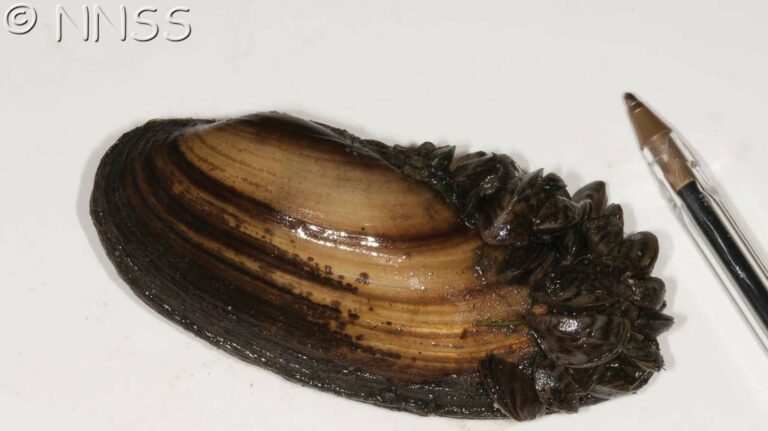OATA is advising the trade to avoid moss ball products sourced from the Ukraine amid concerns over infestation by non-native zebra mussels (Dreissena polymorpha).
Ukraine has recently been identified as a source of contaminated moss balls, and there have been incidences reported in countries such as the UK, USA, and Sweden where zebra mussels have been found within Marimo (Cladophora) moss balls.
The organisation has updated its guidance for retailers, encouraging them to avoid stocking moss balls direct from Ukraine or from unverified suppliers where the source cannot be determined. If unsure, avoid stocking moss balls until your supplier confirms a lack of zebra mussels in their stock, OATA suggests.
Zebra mussels are small, fingernail-sized molluscs native to the Caspian Sea region of Asia. In their larval stage, the mussels live freely in the water column, where they can be easily transported, while adult zebra mussels can stay alive for several days outside of water and commonly attach to boats, fishing equipment and aquarium plants such as moss balls.
Despite their small size, zebra mussels can cause a lot of problems, from clogging pipelines used for water filtration, infesting beaches and damaging boats. They also negatively impact aquatic ecosystems by harming native organisms, OATA says.
NATIVE WATERWAYS
Another potential route for zebra mussels to be introduced into native waters is on swan mussels destined for garden ponds. Zebra mussels can live on swan mussel shells, which therefore could become a route for zebra mussels to enter native waterways, although OATA has yet to receive any reports of zebra mussels coming into the UK in this way.
The organisation is requesting that any infestations are reported to the GB Non-Native Species Secretariat.



